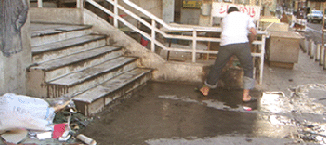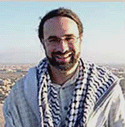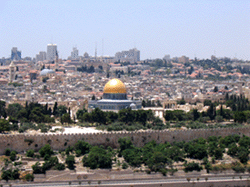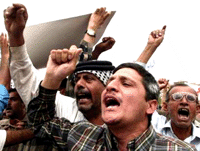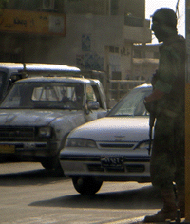
As Bush Claims “Victory”, Iraq’s Military Stumbles On
On November 30, in Annapolis, Maryland, George W. Bush delivered the most recent of a long line of Iraq victory speeches. In this speech he detailed the conditions that will be necessary, and the markers that must be passed, to ensure the United States can withdraw from Iraq. He assured the nation, "As the Iraqi security forces stand up, coalition forces can stand down -- and when our mission of defeating the terrorists in Iraq is complete, our troops will return home to a proud nation."

